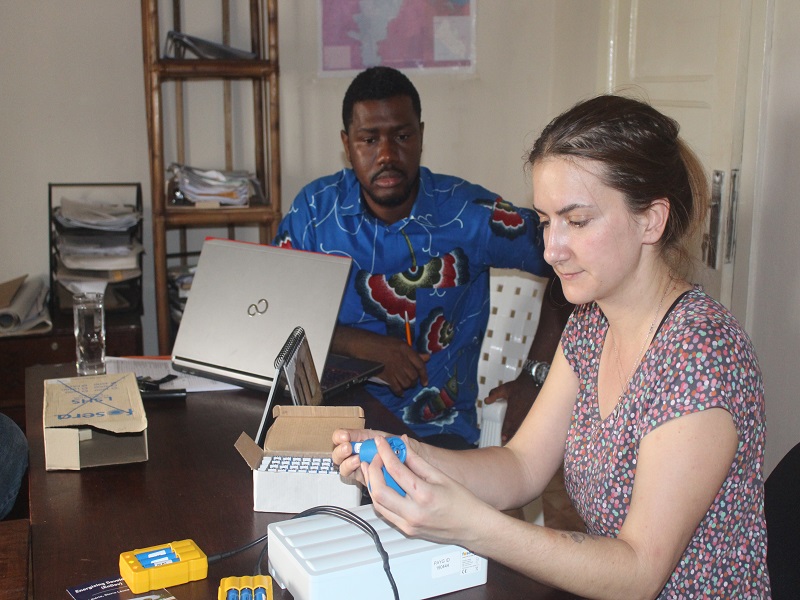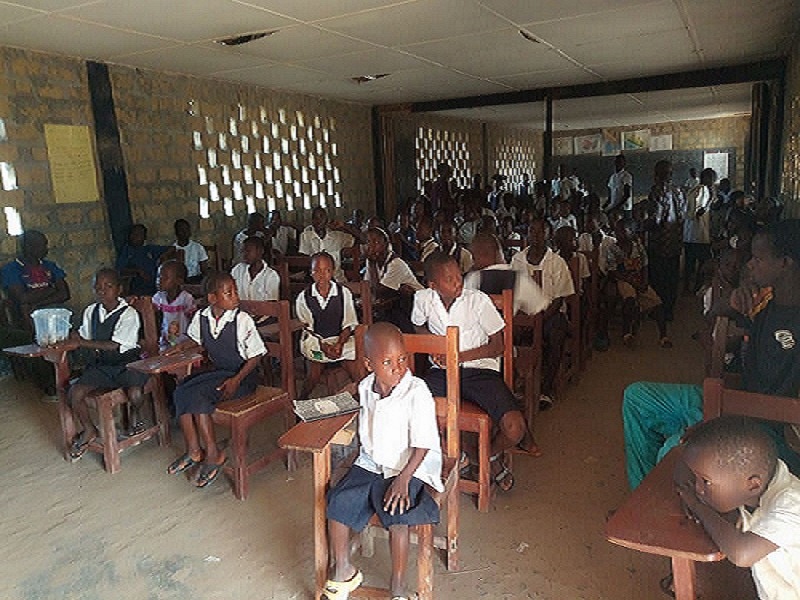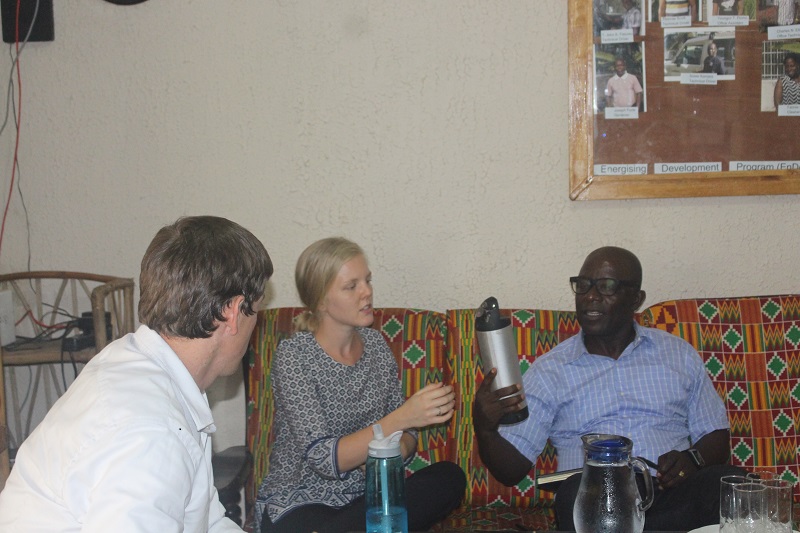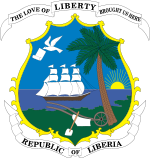|
System |
Description |
Power range |
In Liberia |
|
Pico PV System |
Small rechargeable solar devices such as a lanterns, phone charger, radio etc., easy to carry around. Its small amorphous panel makes the system easy to charge even if clouds cover the sun. The panel is either on the device or can be easily connected with the device. |
Battery sizes of 1.5, 3, 4.5 & 6 volts DC |
used in rural and urban Liberia |
|
Small Solar Home System (SHS) |
Mainly provides light at night with a mini solar system comprising of several lamps, a battery, cables and switches. The solar panel can be installed by a non-technical person (“PLUG N Play system”) on a sun exposed rooftop. |
6 to 12 volt dc, Mainly built with Lithium battery |
Used, but not yet very common |
|
Off-grid Home System |
separate power distribution in separate homes. A set-up mechanism for maintenance security allows monitoring performance and collecting tariff. SHS is a home based system or a PNP which operate on DC mainly with a small power source, while a Mini-grid is slickly bigger and can be operated using DC or AC power by adding an inverter without syncronization. |
12 to 24 v dc depending on its size.
|
in rural Liberia at clinics, school and public facilities |
|
Solar Power Mini-grid |
Solar panels on or around a power house with batteries can supply connected households in rural towns or villages with solar electric power. To ensure maintenance, repair, and replacement of batteries (after xxx years, depending on system and care) households are often asked to pay small tariffs, and are disconnected if they fail to pay. |
220- 240 AC depending on its capacity |
40 Kilowatts power system in Totota, Bong; five mini-grids planned in Lofa |
|
Solar Stand-alone photovoltaic systems |
Fridges, TV set, fans, street lamps, water pumps… These can also be powered by solar with DC or an AC power conversion with a separate power grid that has been generated from the sun, a Standalone has no inter- or hybrid connectivity.
|
This can either be a DC or Ac power connection rating from 12, 24 or 48 vdc power conversion. |
solar fridges in clinics, solar street lamps, e.g., in Monrovia, Barclayville, Zorzor |
|
Stand-alone solar heating products |
This can either be a Solar Dryer or a Solar Cooker that uses the sun energy to generate power by radiation. Power dissipated from this source can be used for drying, cooking or sterilization. |
Radiation from the sun or heat condensation. |
Solar cocoa dryers in several counties, e.g. Bong, Nimba |





